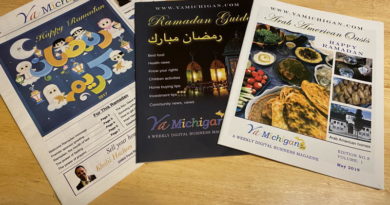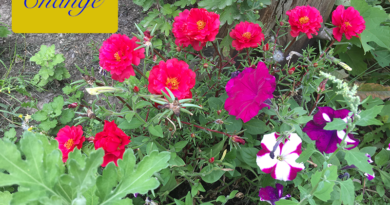Ramadan, month of fast, peace, giving and mercy
Although we are going through some unusual time due to the COVID-19, Ramadan remains an important part of the local community and the community at large. Here is some information about Ramadan for those of us who are not familiar with the tradition.
What: Ramadan is the ninth month of the Islamic lunar calendar. It begins with the sighting of the new moon or at the beginning of the lunar month.
How: Fasting is a total abstention from eating, drinking, smoking and sexual activities from dawn until dark. On the spiritual side, Muslims are asked to avoid immoral behavior and anger and show compassion.
Purpose: The intention of fasting is to develop spiritual consciousness, self-control and improvement of health by reducing or eliminating impurities from the body. It also includes becoming aware of the plight of the poor, the hungry and the sick. It is a month of spiritual awareness and of a high sense of social responsibility.
Who: All healthy Muslims must observe the fasting season. The sick, travelers, children and others are exempted from fasting and can make up the fast at later days. Consult with your imam on the conditions of breaking the fast and whether your children should fast during these long summer days.
Components: Most Muslims wake up before dawn for suhoor to eat before the fast begins. They breakfast with a meal at night and allocate time for prayers and supplications during the day.
End of Ramadan festival: At the end of the month, Muslims observe Eidul-Fiter, which is a Thanksgiving Day for Muslims for completing the month of fast and renewing their spiritual connection. It is a major holiday and it includes family gatherings, visitations, gifts and celebrations.




